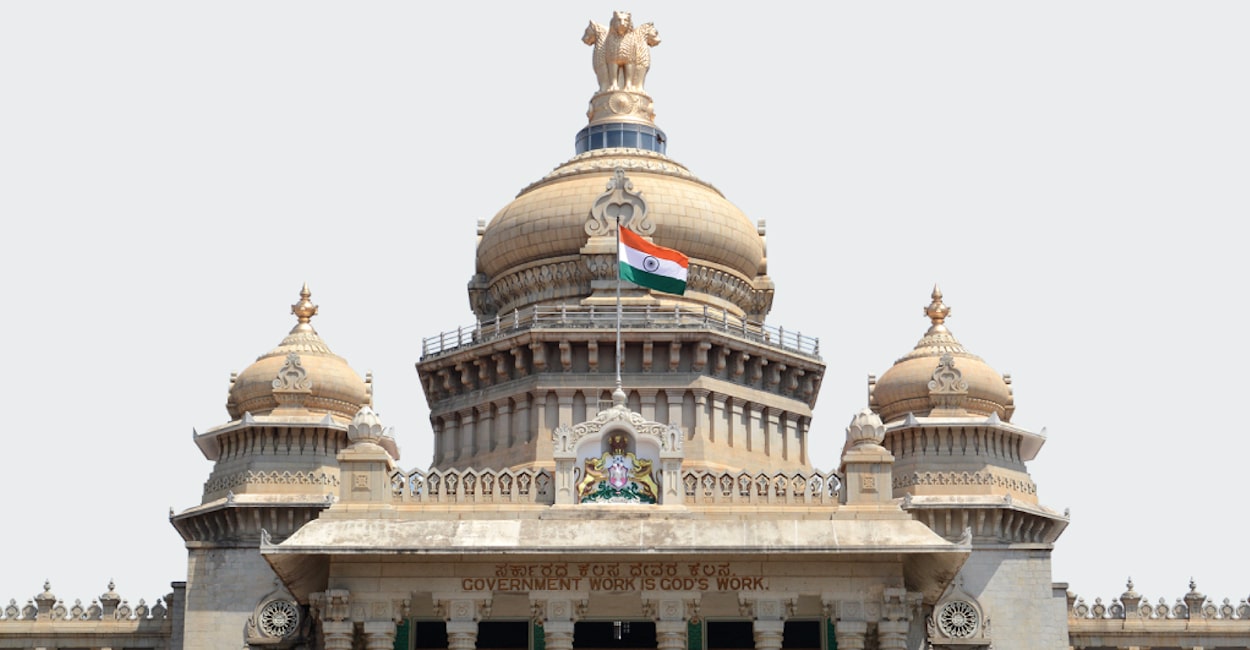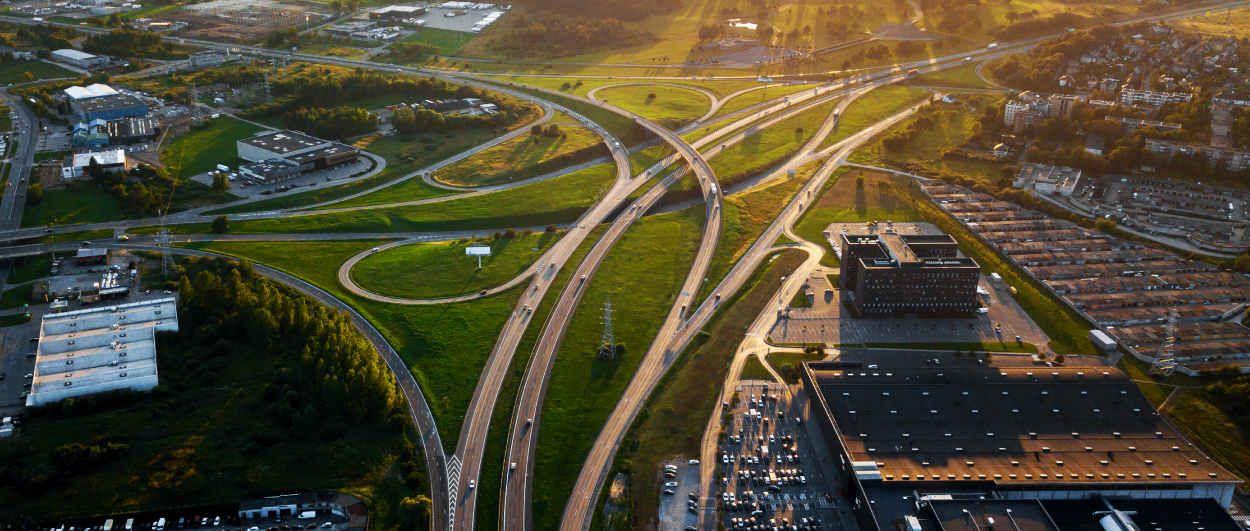Joint Development Agreement has emerged as a popular model wherein the landowner and developer combine their resources and efforts to bring out the maximum productive result. Land monetization is an important decision for any landowner, and it requires knowledge across multiple aspects, a few aspects being the track record of the potential developer partner, structure of joint development agreement, commercial terms, non-commercial clauses, taxation structure, market insights and prevailing development regulations.
Finalizing a development partner through the Joint Development Agreement is a time-consuming process. Landowners must make informed decisions as it is complex in nature and involves multiple stakeholders.
Through our interactions with the landowners, we have ascertained that the landowners have doubts pertaining to how to finalize on a developer partner, how to structure the transaction, what is the basis of arriving at the sharing ratio and deposits, what are his obligations, what will be his rights, what are the costs and revenues, what are the documents for title due-diligence, what is the time for executing a joint development agreement, how does RERA impact them, how to safe guard their interest & associated risks, and what will be the tax implications – both in terms of GST and Capital Gains.
We have tried to simplify various aspects of a Joint development agreement from a landowner’s perspective and in this document, we have attempted to explain multiple aspects of a Joint development agreement beyond the commercial terms (sharing ratio and deposits) –roles and responsibilities of the landowner and the developer, costs for a landowner, prevalent market practice with reference to structuring of JDA, share-able revenues or pass through charges computation, key clauses with reference to General Power of Attorney (GPA), impact of construction finance, RERA account mechanism work and implications of Goods & Services Taxes (GST) and Capital Gains Tax.
This document is a comprehensive guide for a landowner for evaluating partnership for a residential (apartment, villa, and plotted development project) and commercial (office) in Bengaluru on a Joint development (JD) basis. It covers the following:
- Modes of land monetization – Outright, JD, JV, and DM and computation of financial returns
- List of documents required for title due-diligence
- Roles and responsibilities of the landowner and the developer
- Understand the development potential of land
- Computation of share-able revenues
- Prevalent terms and conditions in a JDA
- RERA Accounting mechanism
- Applicable GST for Landowner
- Computation of Capital Gains Tax
This document will benefit the landowners evaluating to monetize the land and all the pertinent clauses with regards to a Joint development agreement have been curated and compiled in this document. This document will be helpful in taking the decision, structuring the transaction until project completion. The document has been thoroughly researched and combines our experience gained over the years by assisting landowners monetize their land. The information has been collected through interviews with various stakeholders – developers, Chartered Accountants, lawyers, architects along with our own proprietary research.
























